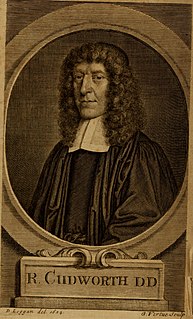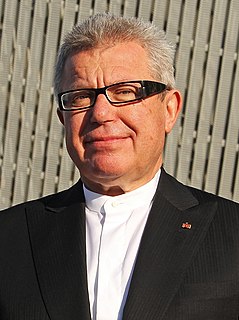A Quote by Joseph Alexander Leighton
God is the Absolute Idea, a circle that returns upon itself, not a straight line projected indefinitely.
Related Quotes
I do not believe in eternal progress, that we are growing on ever and ever in a straight line. It is too nonsensical to believe. There is no motion in a straight line. A straight line infinitely projected becomes a circle. The force sent out will complete the circle and return to its starting place.
Each of the parts of philosophy is a philosophical whole, a circle rounded and complete in itself. In each of these parts, however, the philosophical Idea is found in a particular specificality or medium. The single circle, because it is a real totality, bursts through the limits imposed by its special medium, and gives rise to a wider circle. The whole of philosophy in this way resembles a circle of circles. The Idea appears in each single circle, but, at the same time, the whole Idea is constituted by the system of these peculiar phases, and each is a necessary member of the organisation.
When you are in the line of your duty, it is like standing in front of a line of posts, and every post is in line. But step one step aside, and every post looks as though it were not quite in line. The farther you get away from that straight line, the more crooked the posts will appear. It is the straight and narrow path of duty that will lead you and me back to the presence of God.
You can't relate to an absolute or it wouldn't be absolute, it would be relative. On an intellectual level, that's easy. However, you hear theologians in the theistic traditions talk about absolute God, and I saw God, or God spoke; speaking, being seen, these are all relational things. So what is absolute about such a being, wouldn't actually be absolute.
































